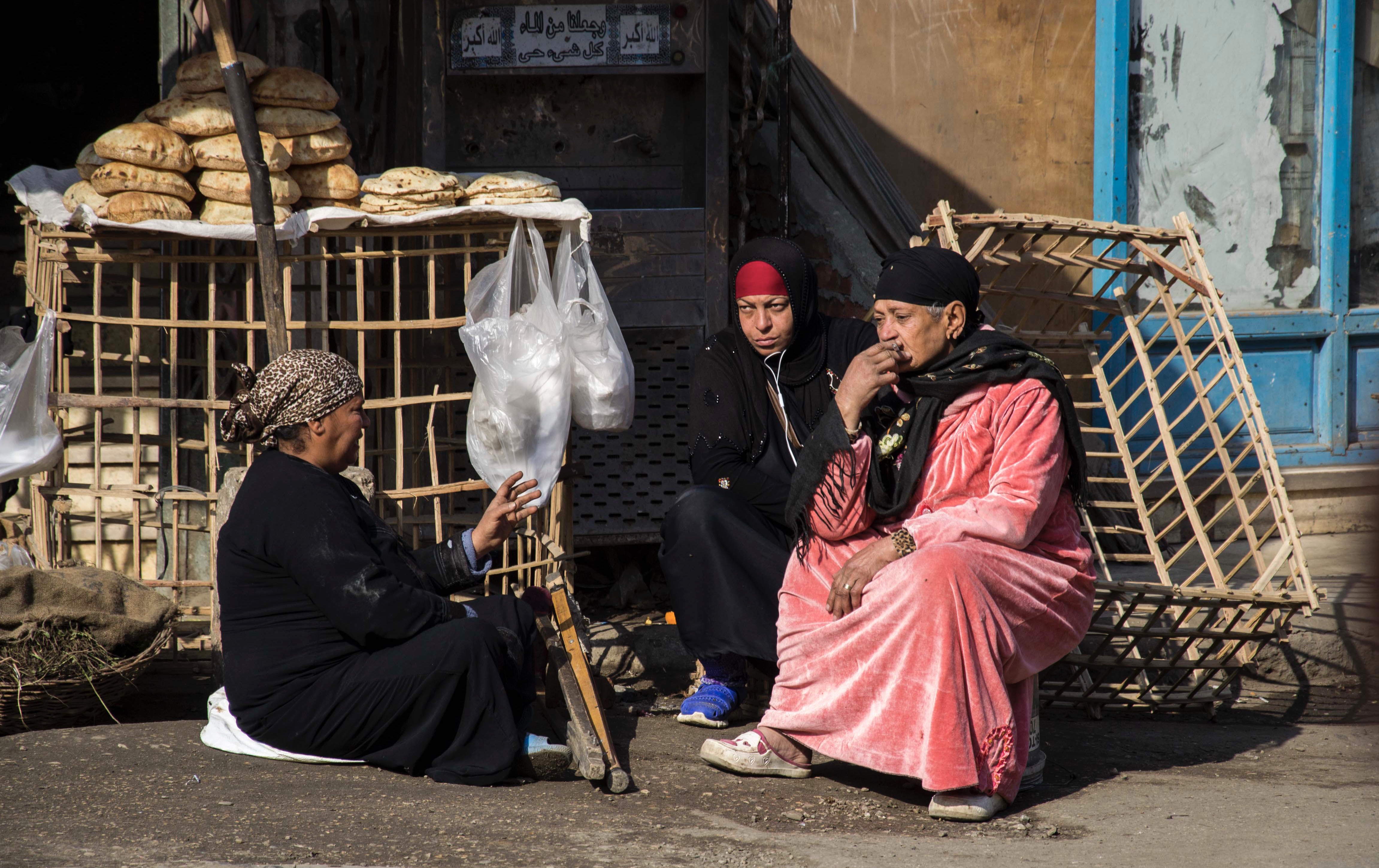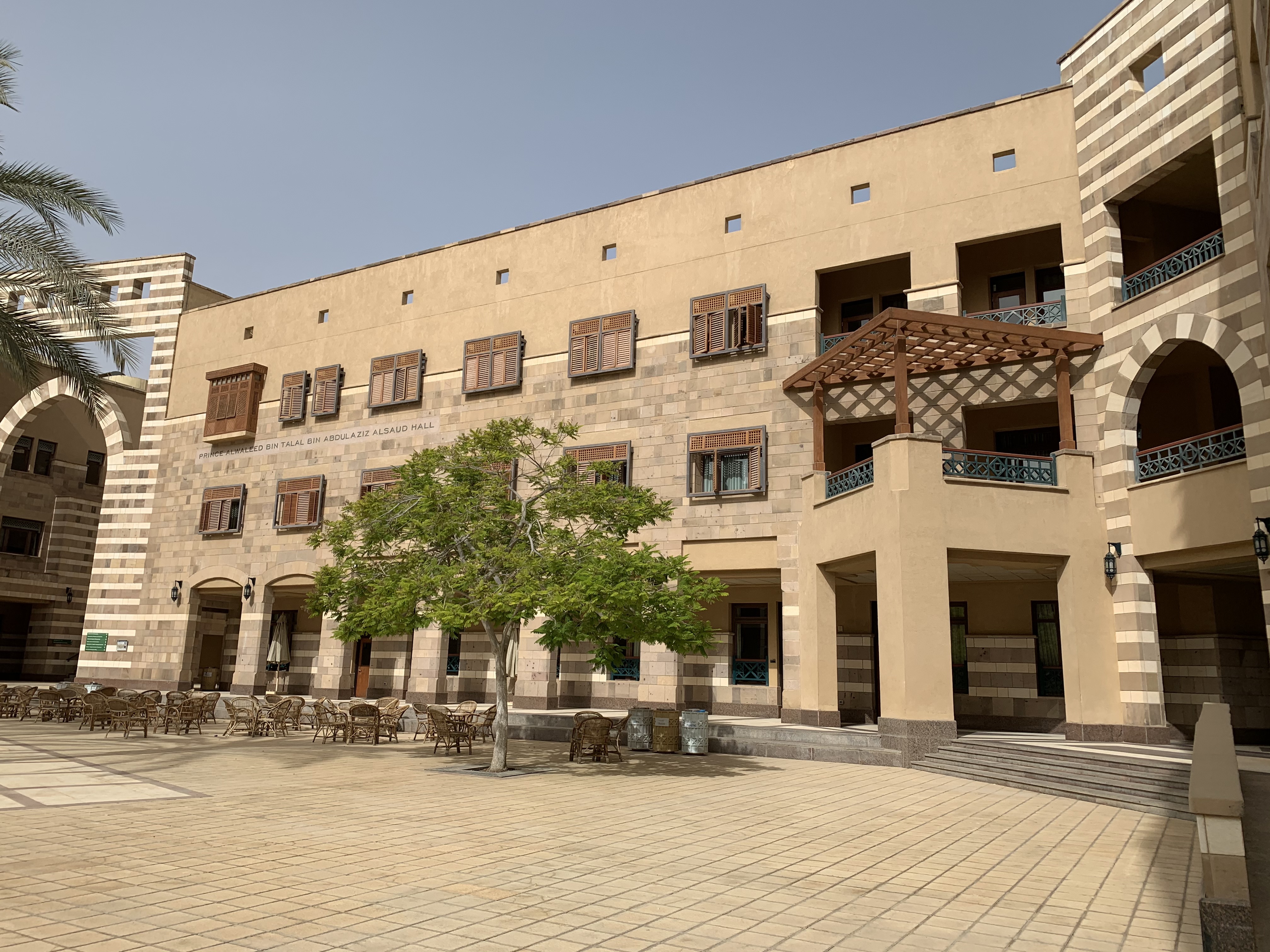NGOs Urge Egypt to Ratify Women’s Rights Protocol and Amend Abortion Laws
By: Sara Mohamed
Follow @saraaashraf3
A number of Egyptian NGOs, such as the Egyptian Iniative for Personal Rights (EIPR) and the global alliance Realizing Sexual and Reproductive Justice (RESURJ), are calling on the government to modify the provisions on abortion under the amended Penal Code (Law No. 95 of 2003).
The campaign began on International Safe Abortion Day, on September 28, and urged the government to rescind the criminalization of abortion pursuant to articles 260 to 263 of the Penal Code.
“A woman who willingly and knowingly takes medication or willingly uses the aforementioned means, or enables another party to use such means, thereby inducing a miscarriage shall be subject to the aforementioned penalty (imprisonment),” reads Article 262.
EIPR called on the Egyptian government to ratify the African Charter’s Protocol on the Rights of Women, also known as the Maputo Protocol as a means to decriminalize safe abortion.
“The Protocol guarantees the right of women to have access to safe abortion, at least in cases where continued pregnancy poses a threat to her life and health, or in cases of rape or incest,” EIPR’s Gender and Women’s Rights Officer Dalia Abdelhameed told The Caravan.
Egypt has yet to sign or ratify the Protocol, despite having passed through the African Union’s (AU) General Assembly in 2003.
“Egypt is a very active Member State of the AU, but alongside Tunisia and Botswana, we are the only countries that have yet to ratify the Protocol,” Abdelhameed added.
Egyptian law regulating abortion is “among the most restrictive worldwide, as it criminalizes abortion and stipulates imprisonment for women who intentionally abort,” EIPR’s press statement reads.
“The working class and low-income socioeconomic bracket are the most vulnerable group who suffer under the abortion law, especially because they cannot afford safe operations,” Abdelhameed added.
“They are forced to resort to unsafe abortion methods that pose a serious threat to their lives.”
The most common methods of unsafe abortion are pills that cause uterine contractions, causing fetal death, and inserting long objects inside the cervix, which often permanently damages the uterus, said Walid Al-Bassiouni, a doctor of obstetrics and infertility at Ain Shams University.
“All unsafe abortion practices pose a serious risk to women’s health, causing diseases such as heart failure, kidney failure or vaginal infections,” he said.
Seventy percent of women who undergo unsafe abortions will suffer from permanent damage to their reproductive health, if not death, advocate at the Center for Egyptian Women’s Legal Affairs (CEWLA) Nada Nashat told The Caravan.
According to the World Health Organization (WHO), safe abortions must occur in the first 26 weeks of pregnancy and should only be performed in medical facilities. In Egypt, these operations can only be authorized by the Ministry of Health and the General Enterprises Authority, which governs the operations of hospitals.
Doctors in the private and public sectors alike often cite the medical code of conduct as grounds to refuse abortion surgeries.
“Medical law follows the principles of Islamic Sharia that prohibits the abortion of the fetus, except in cases of fetal death or if continued pregnancy poses a threat to the mother’s life,” Al-Bassiouni added.
“This is because it is seen that abortion involves the killing of a soul, which would contravene God’s will.”
Contrary to popular belief, the provisions on abortion found in the Penal Code were not inspired by Islamic law but borrowed from the French legal system during the colonial encounter.
Before that era, however, abortion was widely practiced and accepted by the community.
“Egypt does not have the stigma about abortion as other places in Europe and the West do; it was accepted for our mothers and grandmothers to do so, and they had well known doctors within their communities as well as traditional practices that would openly help in abortion,” Nashat added.
Instead, the state created this stigma by propagating the discourse that abortion contravened religion, she added.
“There is now a much larger public space for people to discuss issues such as these, and this [amending abortion laws] is the first step towards reform,” Abdelhameed said.
EIPR began working on amending the law in 2010, and presented a report to the United Nations Commission on the Status of Women (CSW) last year as part of Egypt’s country report.
“The government does not have a problem with the fact that this is an ongoing issue because promulgating a safe abortion act would mean that additional costs on the Egyptian government to provide post-abortion care, safe abortion drugs and specialized doctors that they are not willing to commit” Nashat added.
The Ministry of Health is currently focused on amending social insurance provisions, after which they will begin addressing reproductive health, official spokesperson Khaled Megahed told The Caravan.
The government has also begun plans to implement a new family planning law that restricts each family to two children.
“The government responds to us by telling us to shift our focus to greater access to contraception as opposed to access to abortion,” Nashat added.




